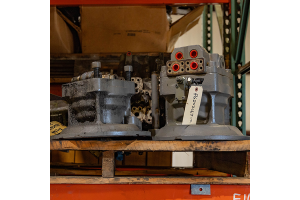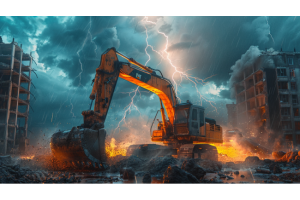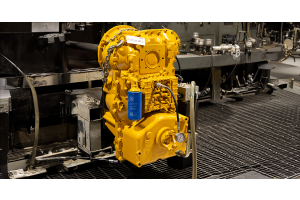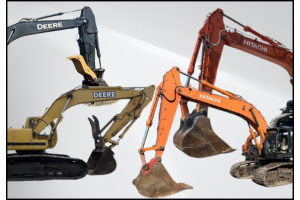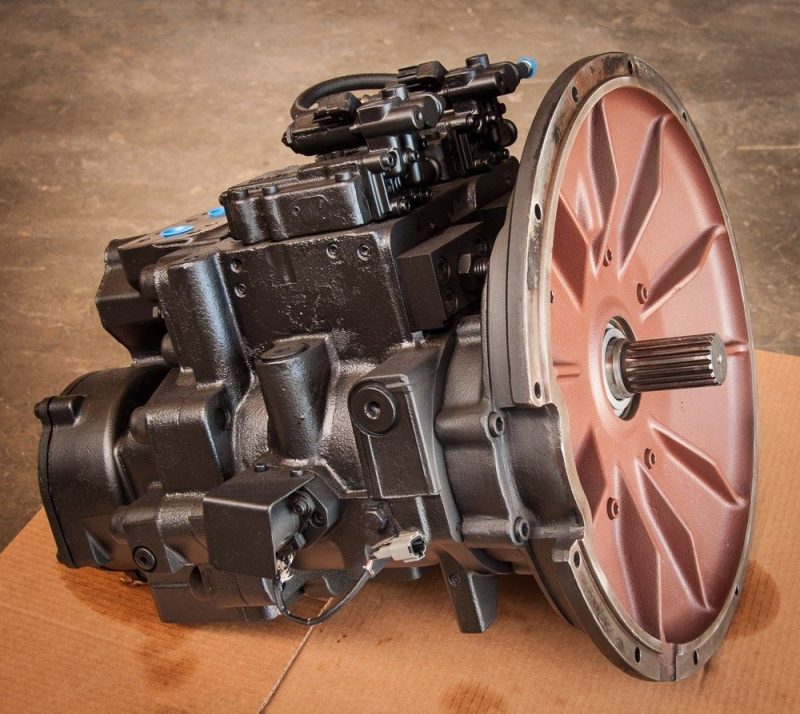
When a hydraulic pump fails, the problem isn’t always limited to the pump. Pump failure can result in damage to other areas of the machine and that ends up costing more time and money to fix.
The majority of pump fails are a result of contaminated fluid, too much pressure in the system, air in the hydraulic fluid, air trapped in the pump via leaky inlet joints or faulty shaft seals. That’s evident when there’s a loud, high-pitched noise that gets higher when pressure is increased. When this happens, the hydraulic fluid will look milky. Implosion is another cause. That’s when pressure causes air bubbles to collapse resulting in damaging shock waves. Then there’s cavitation. This occurs when hydraulic fluid doesn’t completely fill the pump. This also causes a high-pitched noise. Poor, hydraulic fluid viscosity is another problem resulting in failure. Fluid viscosity needs to be at a specific level. When it becomes higher than recommended, it will lead to cavitation.
When the fluid viscosity is lower than recommended, it will lead to excessive heat and leaking. Excessive heat is usually a symptom of other problems with the pump.
Saving a few bucks on lower-quality hydraulic fluid will eventually cost you in the long run.
When a hydraulic pump begins to act up, it tends to push debris into its debris field. If a filter is not installed, the debris will contaminate the actuators, the valves, and the other components making up the hydraulic system.
If left unchecked, there’s a good chance the entire system will be damaged.
All this headache can be prevented with a few simple maintenance tips when it comes to hydraulic fluid.
Always check oil levels. This can't be stressed enough. When your hydraulic part is low on oil, you are headed for trouble.
Hydraulic oil changes should be reserved for when the base oil degrades, or when oil additive depletion has occurred. Make sure your hydraulic oil is being filtered properly to consistently remove contaminants.
Keep in mind, increased heat gradually reduces the effectiveness of hydraulic fluid and will eventually damage components so if your system is getting hotter than it should, shut down the machine and investigate the problem.




